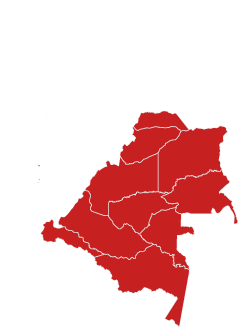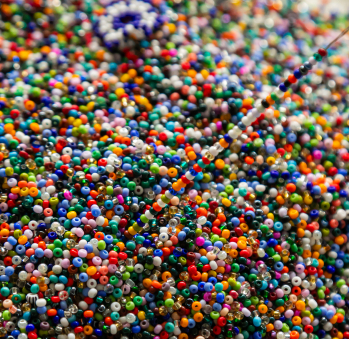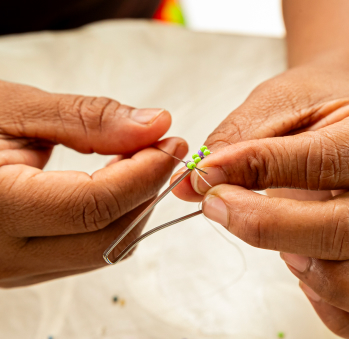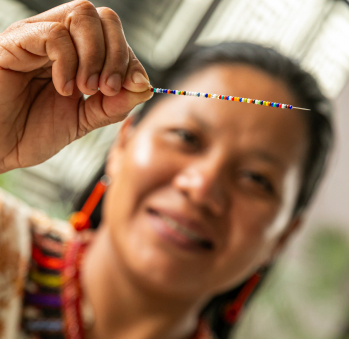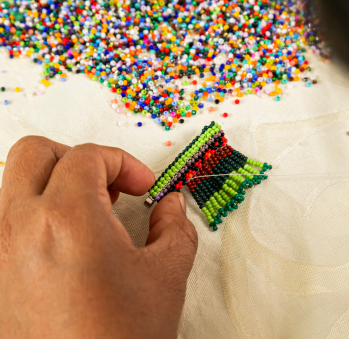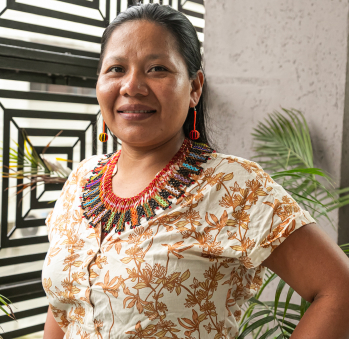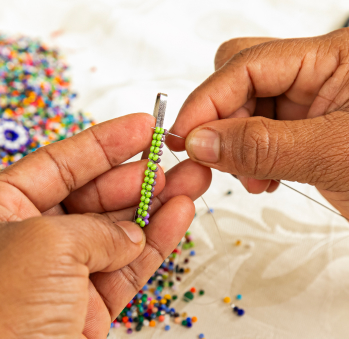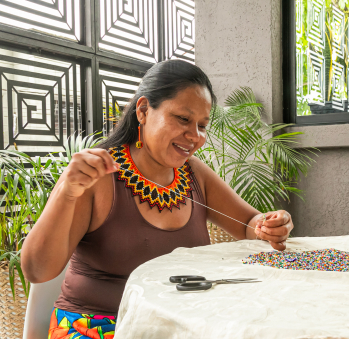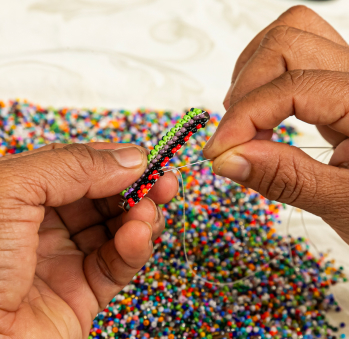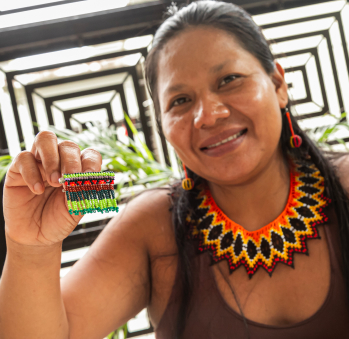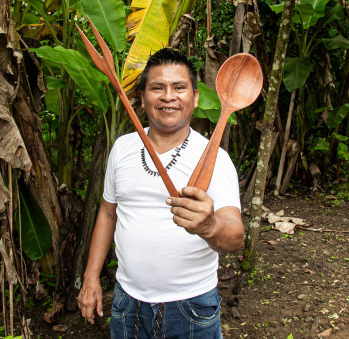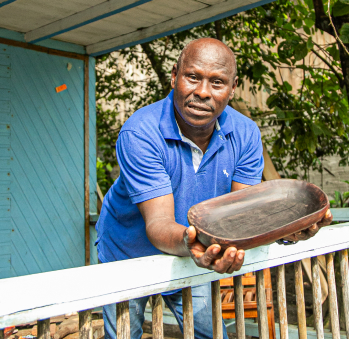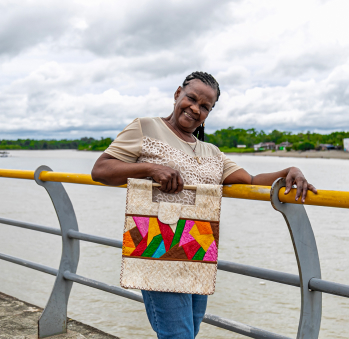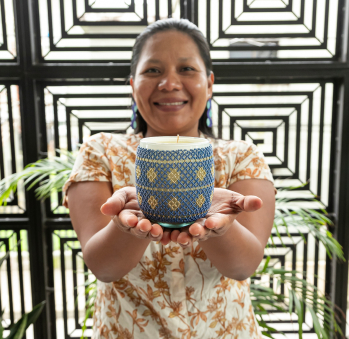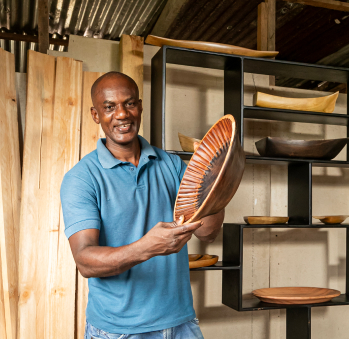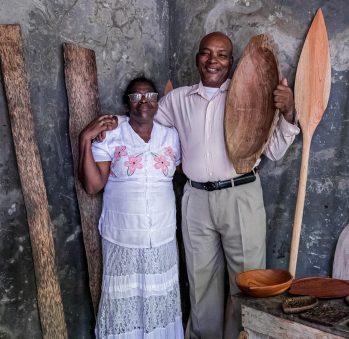Rosa Helena Chamorro
Workshop: Asovpich
Craft: Tejeduría
Trail: Choco Route
Location: Quibdó, Chocó
Her voice is steady and the words she pronounces are enlightened with clarity. Rosa Helena candidly speaks of her Embera Dobid community, emphasizing how their territory echoes in every craft she makes. Her creations serve as an invocation and remembrance of the land she was forcibly displaced from, violently uprooted from the shores of the Atrato river. This isn’t just symbolic; Embera Dobida means River Men, the ones who were born on the river shores of the Chocó lands where their navels remain sown. Being far away from the river, they keep sharing their ancestral traditions making use of their imagination, and that’s the case of this woman who, despite it all, speaks with sweet words.
When I inquire about the source of her resilience, I ask if she comes from a line of Jaibanás or communal leaders. She shares that her strength derives from her mother, Mari Luz Izarama Mecha—a steadfast woman who courageously confronted violence, much like numerous other Colombian mothers, demanding the return of forcibly recruited children. Yet, this act drew threats, leading to their expulsion from their territory and resettlement in Quibdo in 2012. The lingering shadow of violence perpetually looms over her life. Despite this, she staunchly refuses to succumb to fear, determined to ensure her four children recognize they came from a good land.
Rosa Helena tenaciously clings to her roots, embracing the profound wealth embedded in her people’s narratives—the moon reigning over women, the sun over men, and animals symbolizing each person’s wisdom and skills. They etch these symbols onto their skin using the jagua’s black hue, safeguarding themselves and their loved ones. The Embera maintain a sacred bond with their territory, venerating and honoring it. Even distanced from their homeland, they yearn for it, calling upon it. No matter how far an Embera is from his place of birth before dying, he is to return to the place his navel is buried in order to complete his cycle on Earth. It’s not an exaggeration when they assert that without their territory, they are bereft of their very essence.
Balancing her responsibilities as the victims’ representative for her association, which unites 12 indigenous groups, and her role as a craftswoman, Rosa Helena diligently preserves her traditions. Alongside 10 other displaced indigenous women, she intricately weaves beaded necklaces, hair bands, anklets, candle holders, napkin holders, and hummingbirds—a revered symbol of wisdom. Each piece pulsates with vibrant colors representing their symbols: the fiery red of resistance, the serene white of peace, the profound black of darkness, the opulent yellow of richness, and the blue of rivers and waters that have embraced them since childhood, devoid of fear.
As a mother herself, Rosa Helena honors her mother’s legacy by imparting knowledge and fostering a profound love for life and the earth. From her, she learned the art of midwifery, enabling her to give birth to her children unaided. She educates and instills in them the essence of being indigenous in a challenging world, cherishing the beauty of their history and the vivid hues of their childhood in the rainforest. One bead at a time, through her craftsmanship, she gifts us with a glimpse of her ideal and cherished landscape.
Craft
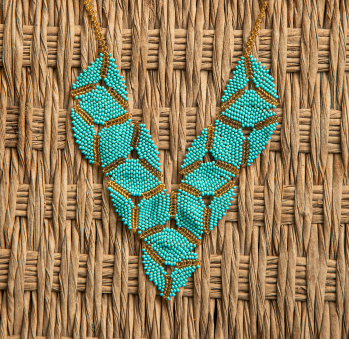
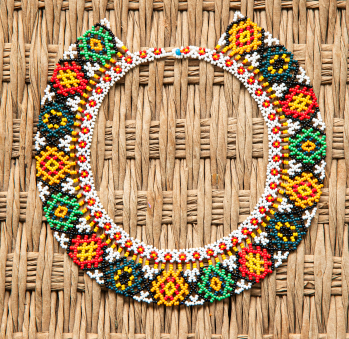
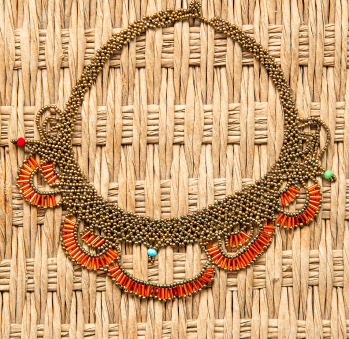
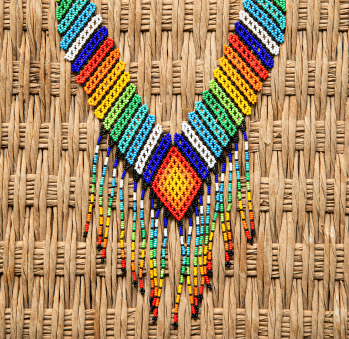
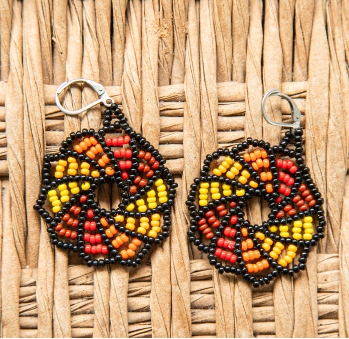
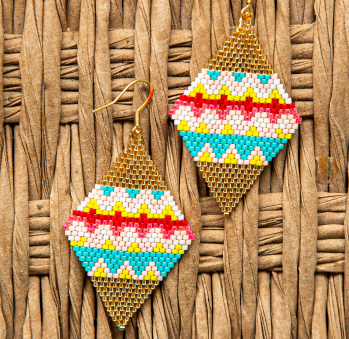
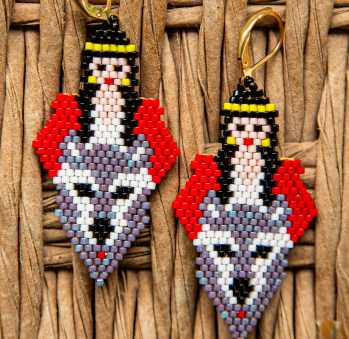
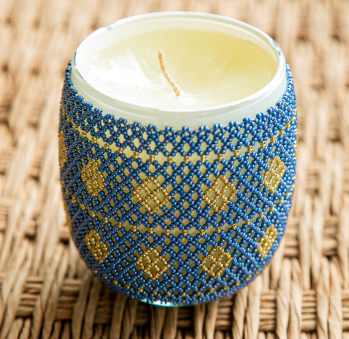


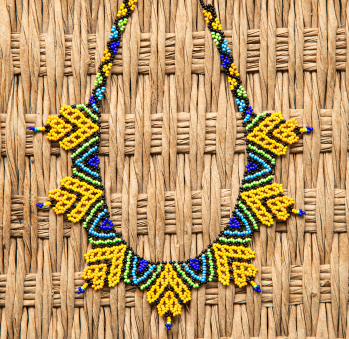











Artisans along the way
Artisans along the way
No puede copiar contenido de esta página

